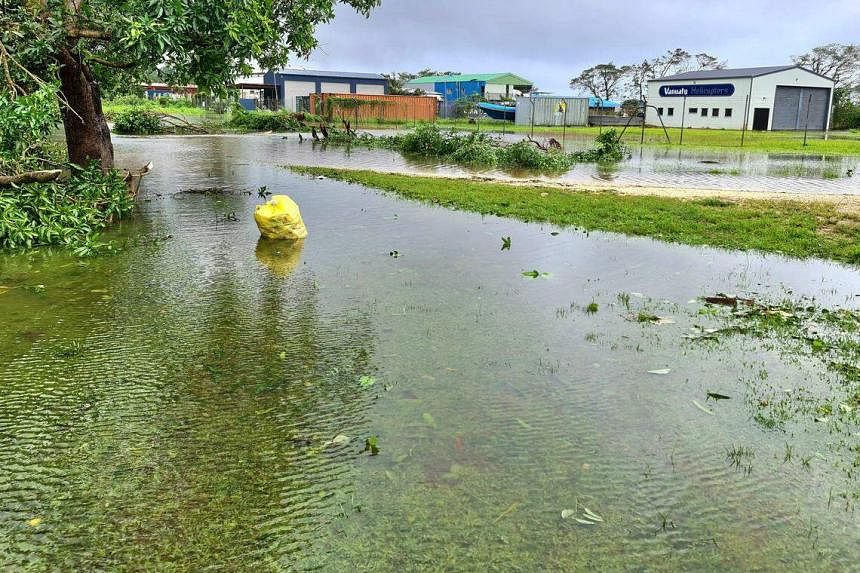SINGAPORE – The United Nations General Assembly on Wednesday passed the resolution proposed by Pacific island nation Vanuatu that seeks an advisory opinion from the UN court on the rights of present and future generations to be protected from climate change.
The resolution, which is backed by more than 100 nations and adopted by consensus, focuses on the impacts of greenhouse gas emissions that are changing the world’s climate and causing harmful impacts, especially to poorer nations.
The Straits Times gets answers to some key questions about the resolution.
Is it a lawsuit?
No. This is not a litigious process where one state is bringing a case against another, said Dr Nilufer Oral, senior fellow at the National University of Singapore’s Faculty of Law.
Nor is it about reparations from big polluting nations.
Instead, the resolution is a collective initiative where states recognise the need for the International Court of Justice (ICJ) to bring clarity to important legal questions that have direct and immediate impact on many states and persons, said Dr Oral.
What is Vanuatu asking the ICJ to consider?
The resolution asks the ICJ to consider a number of questions.
First, what are the obligations of states under international law to ensure the protection of the climate system and other parts of the environment from emissions of greenhouse gases caused by human activity for the sake of states and for present and future generations?
Second, under these obligations, what are the legal consequences for states where they, by their acts and omissions, have caused significant harm to the climate system and other parts of the environment with respect to:
- States, especially small island developing ones, which due to their geographical circumstances and level of development, are harmed, or specially affected by or vulnerable to the adverse effects of climate change?
- Anyone affected by the adverse effects of climate change now and in the future?
What is an ICJ advisory opinion?
An advisory opinion is non-binding, but it carries moral and political authority that experts say could help shape international law and bolster efforts to hold polluting governments and companies to account.
It will help nations better understand and ramp up efforts to protect human rights, consider the rights of people living today and in the future, and boost ambition in climate negotiations, Dr Oral said. “The ICJ can fill in legal gaps, as in many cases when certain treaties were negotiated, climate change was not included.”
The Vanuatu resolution mentions, among others, the Charter of the UN; the International Covenants on Civil and Political Rights, and on Economic, Social and Cultural Rights; the UN Framework Convention on Climate Change; the Paris Agreement; the UN Convention on the Law of the Sea; and the Universal Declaration of Human Rights.
What happens next?
The ICJ will consider the request to take up the resolution. If it accepts, it will spend a year or more reviewing submissions before handing down its opinion.
That opinion can be translated into domestic law by nations or at the international level by ensuring existing instruments and implementing actions are complying with the requirements as outlined by the ICJ, said Dr Oral.
“Importantly, the advisory opinion can affirm obligations to young people and future generations, which means we need to take these interests into account in taking legal and policy measures.”


